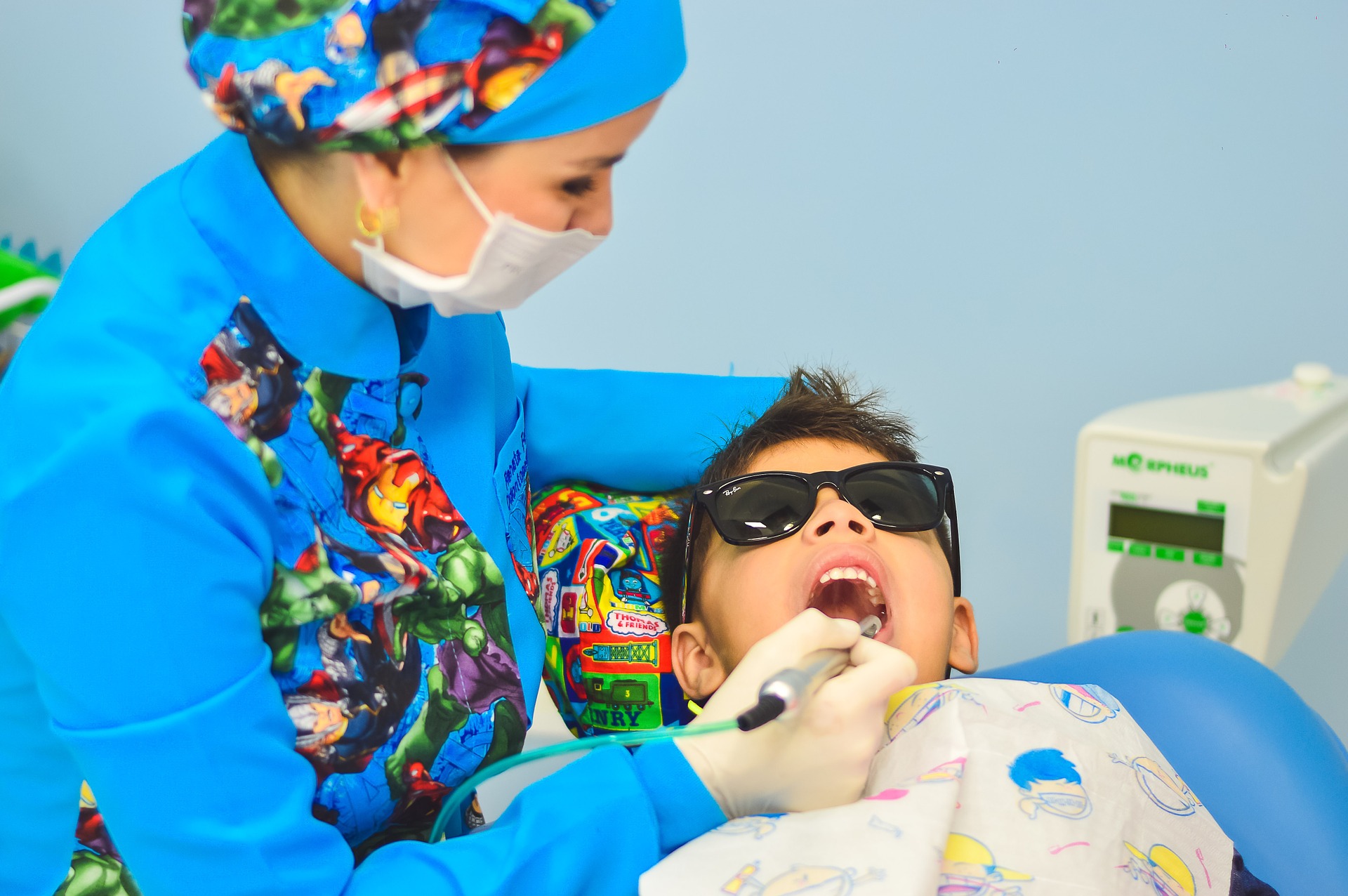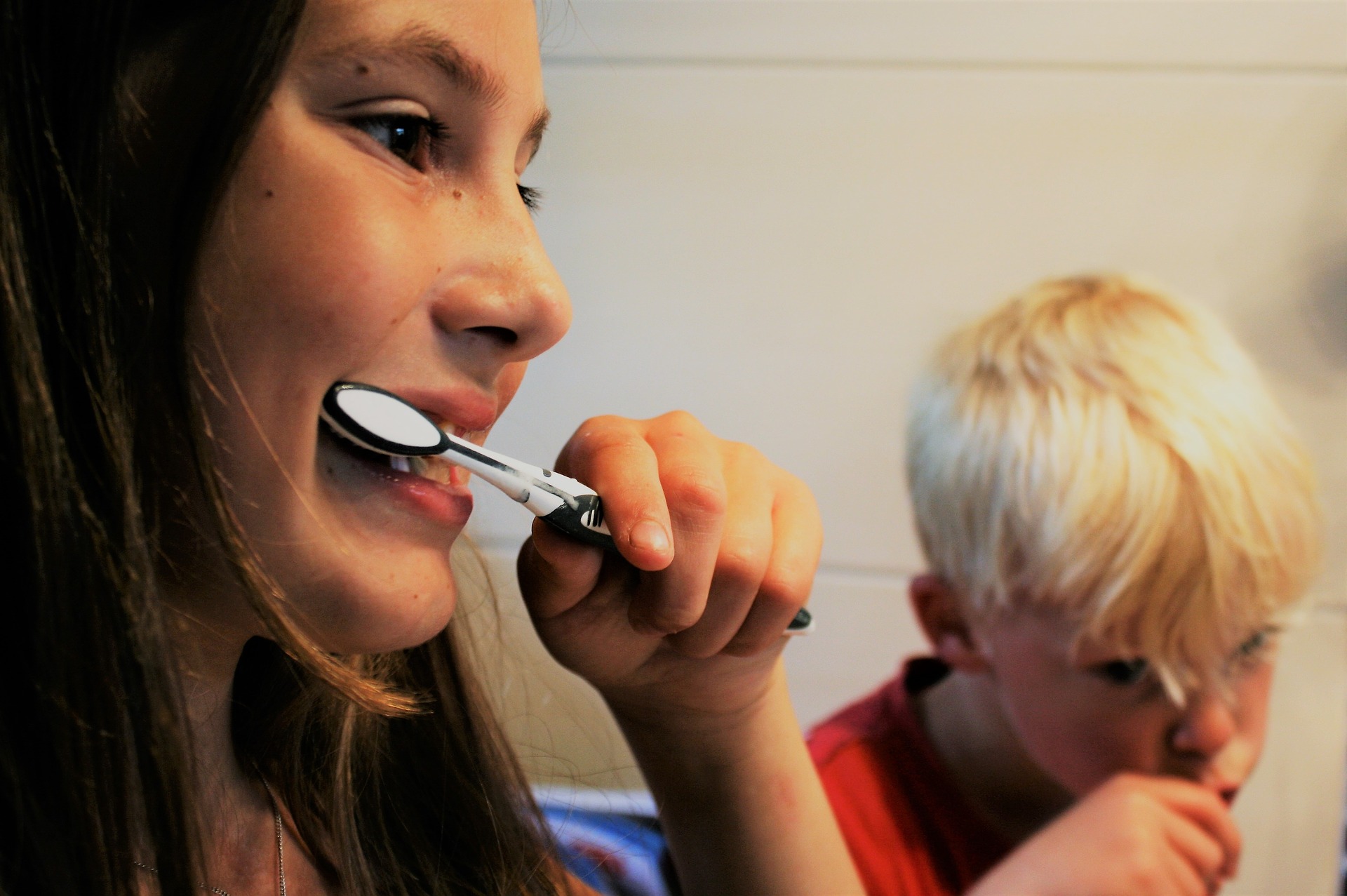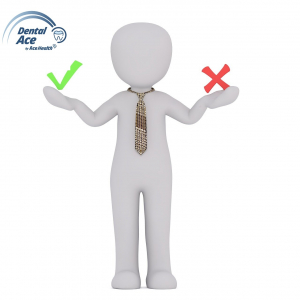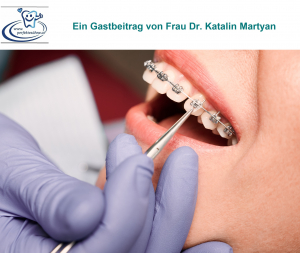Dental care for children is very important
It is probably clear to everybody that the thorough care of baby teeth is absolutely essential, despite their only temporary stay in a child's mouth, since they can positively or negatively affect the health of permanent teeth. After the emergence of the first baby tooth about 6 months after birth, parents need to brush their children's teeth twice per day. This is also the case during the breast feeding period given that breast milk contains sugar which can lead to tooth decay. And so, there is a clear response to the question when dental care for a child should start: already in its infancy.When do baby teeth emerge?
A primary dentition has 20 teeth and the emergence of baby teeth usually follows this approximate timetable:- Baby Incisors: in the first 4 to 12 months after birth
- Baby Molars and Canine Teeth: by the 24th month after birth
- Complete Primary Dentition: between the 30 and 36 month after birth

What do you have to look out for with baby dental care?
As already mentioned, parents should start brushing their children's teeth twice per day after they have emerged – ideally with a special toothpaste for babies that is enriched with fluoride (in cases where the child doe not consume fluoride tablets). For teeth that are still partially stuck underneath the gum line, parents should use either a wet cloth or a cotton swab to gently clean the already-emerged part of the tooth.Since toddlers do not have sufficiently developed motor skills to hold or properly use a toothbrush, parents need to handle 100% of their children's dental care at first. Starting at roughly 18 months from birth, small children should already be capable of holding a toothbrush in their hands. At that point in time, parents should guide the toothbrush in their children's hands to teach them how to brush their teeth in a playful way. For older children up to the age of 10, parents should still engage in follow-up brushing to correct for any potential lapses in their children's dental hygiene. This is because up to 50% of children in this age group fib about whether they actually brushed their teeth or not, according to a British study. It is also advisable to teach children the use of dental floss (or of dental floss sticks aka "flossers") to help them with keeping their embrasures (spaces between teeth) clean.
How do you pick out the best Baby Toothbrush and the best Baby Toothpaste?
Nowadays, there are toothbrushes and toothpastes that are intended specifically for small children and babies.Baby Toothbrush
To keep younger children's baby teeth clean, it is advisable for parents to use a baby toothbrush that is made specifically for a small child's mouth and that fulfills the following criteria:
- Small brush head
- Soft bristle
- Skidproof/antislip grip
- Suitable for children, colorful design
Baby Toothpaste
When children reach the age of 6 months, parents should use small quantities of baby toothpaste (about as much as the size of a pea) to brush their teeth once per day. For children at the age of 2 or above, parents should use toothpaste twice per day. In general, baby toothpaste contains fluoride (recommended content of 500ppm) to offer superior protection against tooth decay. It is crucial to remember teaching children to always completely spit out all traces of toothpaste (instead of swallowing them) - especially when flavored toothpastes are in play.

In the meantime, we would love to hear from you – please leave any thoughts and feedback in the comment box below and subscribe to our blog for free right here online.


